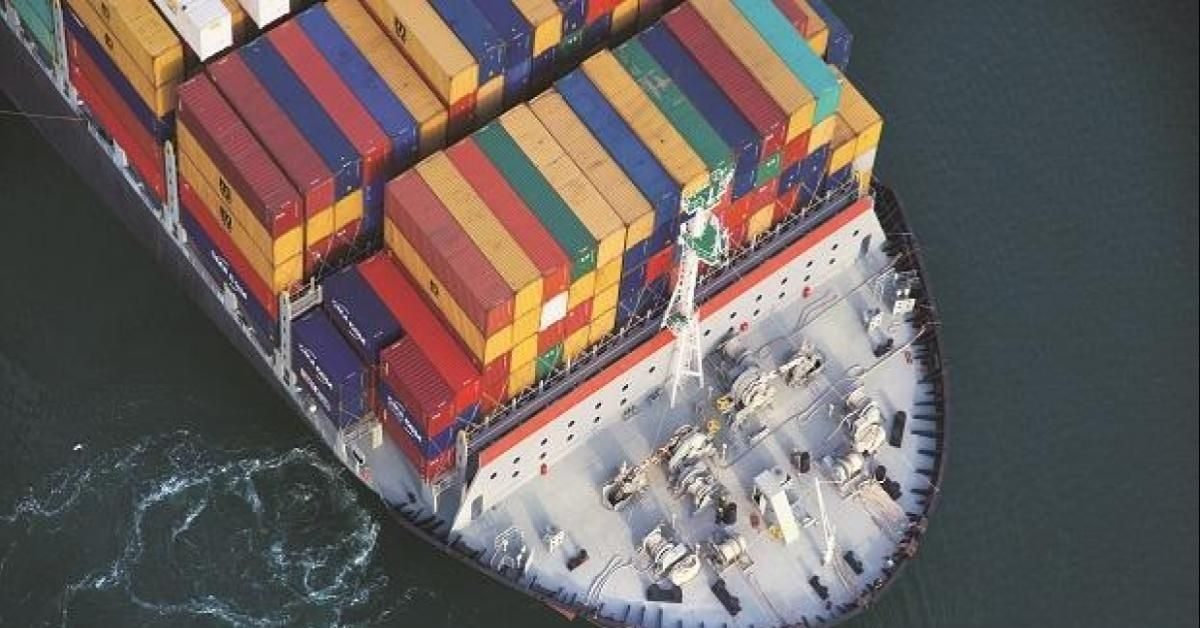An association of seven firms will invest more than $20 million to modernise Singapore’s coastal delivery system, including offshore wireless charging spots for ships and electric boats from which drones may take off. The alliance includes Kuok (Singapore) Maritime Group, Agency for Science, Technology and Research (A*Star), GenPlus, Jurong Port Singapore, TCOMS, Sea Forrest and TES. Trials of electric vessels may begin as early as 2024, according to the alliance.
The Coastal Sustainability Alliance was officially launched on Monday (March 14) at the Shangri-La Singapore hotel, although it has been in the works for over a year.
They hope to lead the transformation of the country’s 1,600 low-tech harbour vessels, which are used to ferry supplies from shore to ships moored in Singapore’s waterways, to run on more ecologically friendly fuel and be more efficient as they are phased out.
They will also build a network of stationary and mobile electric chargers for these ships along the country’s coast and remodel used batteries from electric cars into modular packs for ships to prevent wastage.
Mr Tan Thai Yong, Chairman of the alliance’s council and Chief Executive of Maritime Engineering Company PaxOcean, said the changed ecosystem will lead to a 50 per cent reduction in harbour craft’s carbon emissions by 2030. “By 2030, we want to have a comprehensive suite of wireless electric charging infrastructure networks with shore and floating charge outlets along our coastline,” he said.
The alliance envisions the new vessels being introduced at that time being compatible with the expanding usage of drones to deliver commodities, implying that some of the craft may also be used as landing pads for shorter-range drones. By 2030, there will be a 20% reduction in launch boat movement, resulting in lower fuel consumption.









